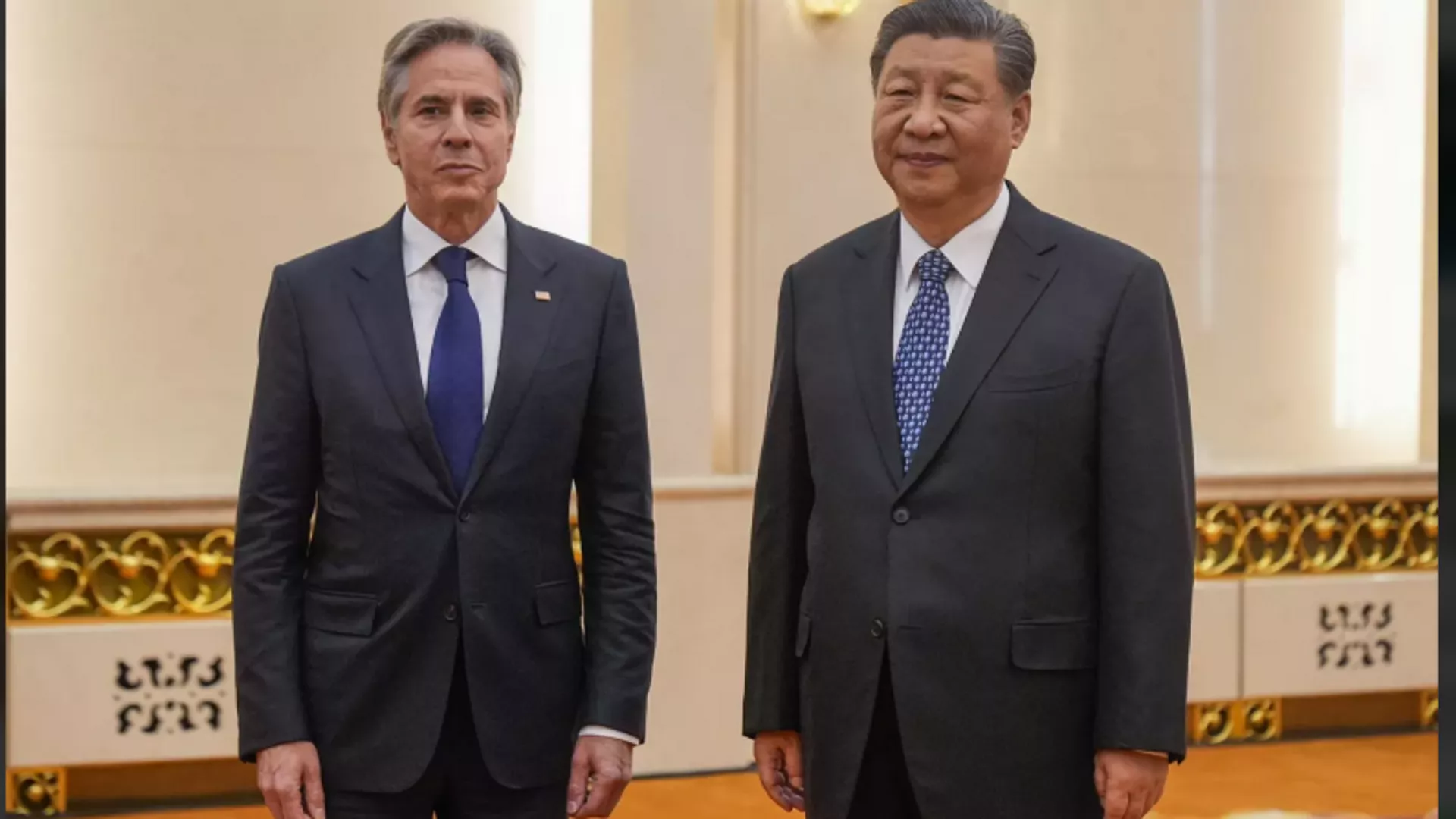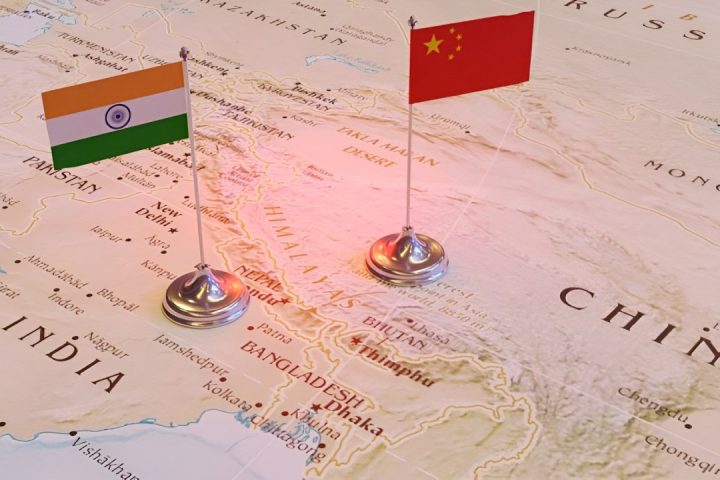On Friday, Burberry and Richemont exposed the harm that China’s severe lockdowns had done to their sales, precipitating a dramatic decline in their shares and reigniting worries about the future of the world’s largest market for luxury goods.
Investor anxiety increased as signs of deterioration appeared in the US market, the second major growth engine for the sector.
Burberry, a British luxury brand, saw a 7.1% decline in share price, and Richemont, owner of Cartier, saw a 6.3% decline. Larger competitors LVMH and Kering had declines of 2.3% and 1.7%, respectively.
- The Manhattan Project, the world’s first nuclear weapons test ve Widows of Village
- YouTube Creates Playlist of Videos with Over 1 Billion Views
- The most downloaded mobile games of June
According to Hargreaves Lansdown equities analyst Sophie Lund-Yates, “Mainland China is acting as a major drag” for Burberry.
Financial data revealed that Richemont reported a 37 percent decline in mainland Chinese sales while Burberry reported a 35 percent decline.
Both pointed to improvement in more recent weeks as lockdowns decreased, however Richemont noted a 12 percent reduction in sales in June.
Julie Brown, the chief financial officer of Burberry, noted a “really encouraging trend” among customers when stores reopened, despite the necessity for customers to have taken a COVID test within the previous 72 hours.
The second-quarter GDP numbers, which revealed deterioration in China’s economy and slow growth of 0.4 percent from a year earlier, overwhelmed any indications of more recent progress.
According to Brown, there is still some short-term uncertainty with China.
She said that sales of smaller leather products like shoes were “slightly lower” in the US.
Comparable store sales in the Americas, Burberry’s best performing area last year, decreased by 4%.
Thomas Chauvet, a Citi analyst, drew attention to worsening macroeconomic indicators in the US and a “uncertain form of recovery in China.”
More faster than many other industries, the luxury industry recovered from the epidemic as individuals hurried to spend money they had saved up during lockdowns once socializing began.
European luxury sector leaders have recently dismissed worries about pandemic interruptions to business in China, citing the market’s longer-term potential and the market’s quick recovery from earlier waves of lockdowns.





